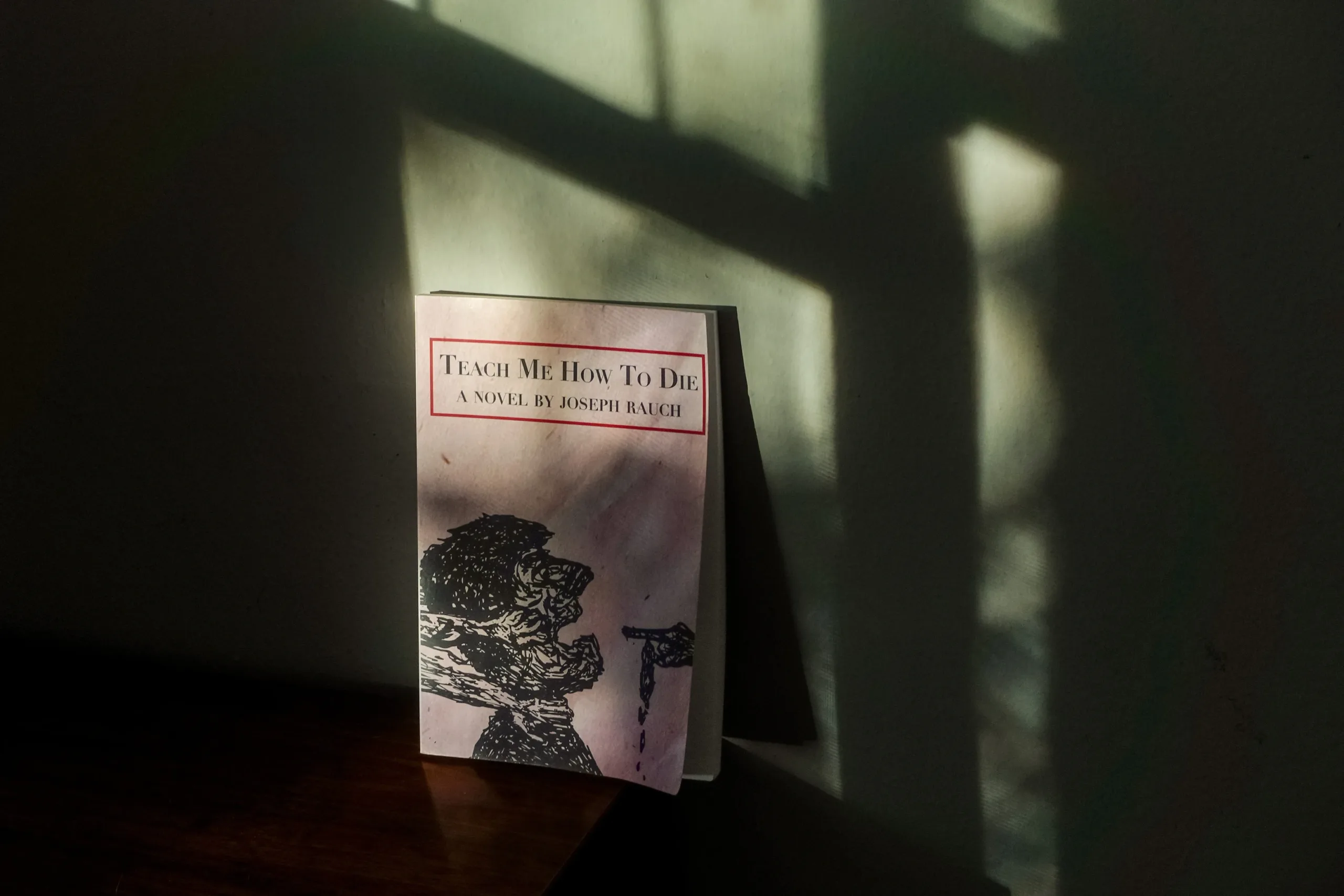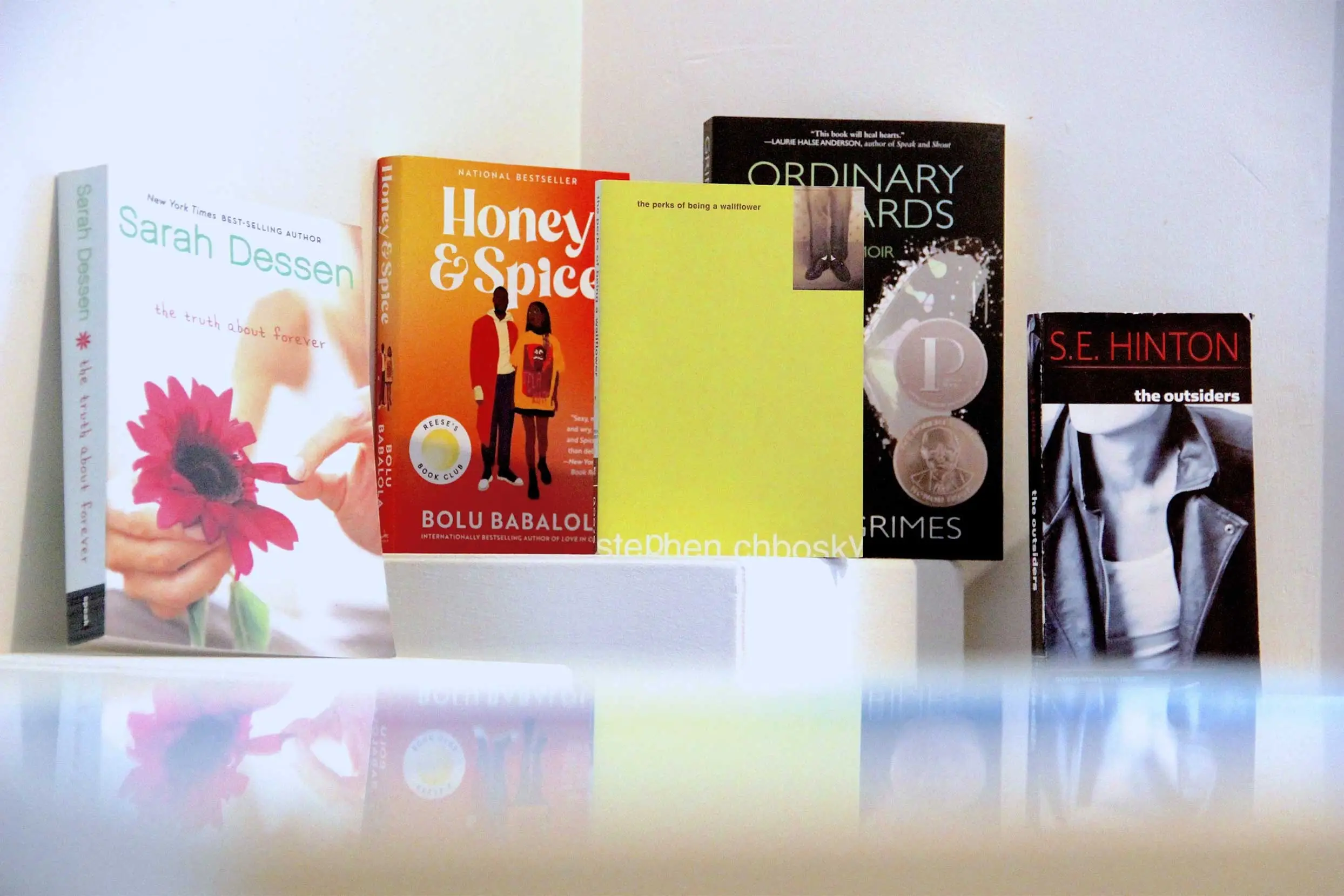I have bylines on Forbes, Vice, Psychology Today, Teen Vogue and The Huffington Post. Even if you already read the title of this article, a part of your subconscious might have reflexively said, “Wow! He must be a really good writer if editors at all those well-known places wanted to publish his work.”
I’m happy to admit that acquiring those bylines had absolutely nothing to do with my skill as a writer.
The Forbes byline was part of my tenure at the Forbes Communications Council. The membership committee invited me to join because of my record as a successful content marketer with startups. My writing record was not the primary factor.
The membership required an annual fee. Its main benefit was the Forbes byline. In a way, I bought the byline. At the time I was able to use my company card to cover the cost. Later I allowed the membership to expire, but Forbes let me keep the byline permanently.
From what I could tell, no one edited my Forbes articles. A content moderation system scanned them to ensure they met guidelines.
With Vice and Psychology Today, I knew editors who worked there. They liked my pitches. The Psychology Today editor barely changed my drafts. She’s great, and we are still in touch.
The Vice editor butchered my draft, a sentiment my colleagues agreed with. I think the article you can see online to this day is far worse than my draft. Unfortunately I lost the original draft.
As part of a business deal with my former employer, Teen Vogue syndicated a highly-trafficked blog post I wrote. I’m sure they like the writing, but the main return for them was reusing a post with a clear record of profitability. Our return was the SEO and PR value of a link from Teen Vogue.
During my undergraduate years, the NYU creative writing program helped me connect with The Huffington Post. The Huffpost team had launched a college blogger program. I pitched a political analysis piece about why I predicted Obama would win the 2012 election. The editor said yes, and I was in.
When writers obtain a fancy byline, it’s usually for one or more of the following reasons:
- Connections
- Money
- Expertise/background that doesn’t necessarily relate to writing
- Large social media following
- Celebrity status (different from the above if the person isn’t online much)
- Luck
Anyone can send a good pitch to a fancy publication, but most of their editors will not seriously consider a cold email or slushpile submission. If you get a yes, you should be humble and attribute the response more to luck than writing or pitching ability. Even if you are good at pitching, this skill is different from writing articles or creative writing pieces.
I employ my fancy bylines to seek freelance work and job interviews. Sometimes I present the bylines to readers who haven’t read my work and might want a sign of perceived credibility. But that’s all it is: a perception.
I’ve read propaganda trash on The New York Times and truthbomb gems on Medium, a site where anyone can self-publish. I’ve also read excellent NYT articles, the kind you might expect from such a seemingly prestigious publication. And on Medium I’ve read the raw sewage that naturally proliferates on a platform with no filter.
As a writer with anti-establishment political views, I’ve watched mediocre journalists with centrist politics use their fancy bylines to condescend independent or self-published outlets. As a seasoned editor, I’ve worked with skilled writers who have struggled to obtain those fancy bylines. We’d all be better off if we placed less value on the outlet the byline is attached to.
So How Should We Evaluate Writer Skill?
Reading the piece obviously provides more information than a byline, but this method of evaluation is not guaranteed to reflect skill. Depending on the outlet, the published piece might be heavily edited in a way that reduces its original quality: the draft readers will most likely never see.
As an editor with more than 10 years of professional experience managing freelance writers, I can tell you there are only a few ways for average readers to fairly evaluate a writer’s skill:
- Read something they wrote on a self-publishing platform like Medium and Substack.
- Read something they wrote on a site they own and/or operate at a senior level (what you’re doing right now).
- Read something they wrote on a traditional outlet, brand publication or blog, if they say it wasn’t edited heavily (and you believe them).
- If you’re able to read one of their first drafts, try that.
- Read a book they wrote, especially if it’s self-published. A writer has more agency over a traditionally published book than an article on a traditional outlet, but a self-published author has total control. Self-published authors can invest in editing in a way that allows them to maintain their original goals.
Only then will you be able to reach an informed opinion on the writer’s skill. These approaches are a lot more work than glancing at a byline, but the journey is satisfying when you find writing that feels amazing and worth following on any platform.







